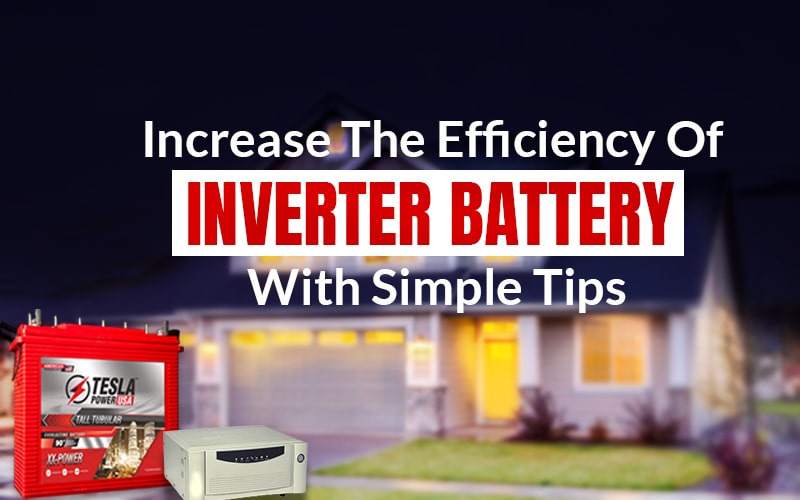
Upgrading Your Inverter: Proven Tips for Efficiency
Inverter upgrades can significantly enhance the efficiency and performance of your solar power system. Explore the following tips to ensure a successful inverter upgrade that maximizes the benefits of renewable energy.
Understanding Inverter Basics: The Heart of Solar Systems
Before diving into upgrades, it’s essential to understand the basics of inverters. Inverters convert the direct current (DC) generated by solar panels into alternating current (AC), making it usable for your home. Upgrading this crucial component can have a substantial impact on overall system efficiency.
Assessing Compatibility with Solar Panels: Seamless Integration Matters
When considering an inverter upgrade, assess its compatibility with your existing solar panels. Different inverters work optimally with specific panel technologies and capacities. Ensure that the upgraded inverter seamlessly integrates with your solar array for efficient energy conversion.
Evaluating Power Output: Matching Inverter Capacity to Your Needs
The power output capacity of the inverter should align with your energy consumption needs. Evaluate your electricity usage patterns and choose an inverter that can handle the peak power demand of your household. An adequately sized inverter ensures optimal energy production and utilization.
Considering String Inverters vs. Microinverters: Choosing the Right Type
Inverter upgrades provide an opportunity to explore different types, such as string inverters and microinverters. String inverters are cost-effective and suitable for straightforward installations, while microinverters offer individual panel optimization. Consider your system configuration and goals to choose the right type for your upgrade.
Exploring the Advantages of Power Optimizers: Enhanced Panel Performance
Power optimizers are devices that can be added to your solar panel system to enhance performance. They optimize the power output of each panel individually, mitigating the impact of shading or mismatched panel conditions. Assess whether incorporating power optimizers aligns with your upgrade objectives.
Ensuring Grid Compatibility: Compliance with Utility Standards
Before proceeding with an inverter upgrade, ensure that the chosen model complies with grid compatibility standards set by your utility provider. Grid-compatible inverters facilitate seamless integration with the electricity grid, allowing for net metering and ensuring compliance with local regulations.
Monitoring and Control Features: Enhancing System Visibility
Upgraded inverters often come with advanced monitoring and control features. These features enable you to monitor the performance of your solar system in real-time. Investing in an inverter with enhanced monitoring capabilities provides valuable insights into energy production and system health.
Exploring Battery Integration: Adding Energy Storage Capacity
As solar energy storage gains popularity, consider an inverter upgrade that supports battery integration. This allows you to store excess solar energy for later use, enhancing energy independence and providing backup power during grid outages. Assess the compatibility of the upgraded inverter with your chosen battery system.
Engaging Professional Installation Services: A Crucial Step
While some may attempt DIY inverter upgrades, engaging professional installation services is crucial. Certified technicians ensure that the upgrade is performed safely, adhering to local electrical codes and manufacturer specifications. Professional installation also minimizes the risk of errors that could impact system performance.
Regular Maintenance and Firmware Updates: Ensuring Long-Term Efficiency
After the inverter upgrade, establish a routine maintenance schedule. Regular checks and firmware updates, provided by the manufacturer, help ensure the long-term efficiency of your solar power system. Staying proactive in maintenance safeguards against potential issues and prolongs the lifespan of the upgraded inverter.
For a comprehensive guide on inverter upgrades and efficiency, be sure to check out Inverter Upgrade Tips. Implementing these proven tips will not only enhance the efficiency of your solar power system but also contribute to maximizing the benefits of renewable energy for your home.
